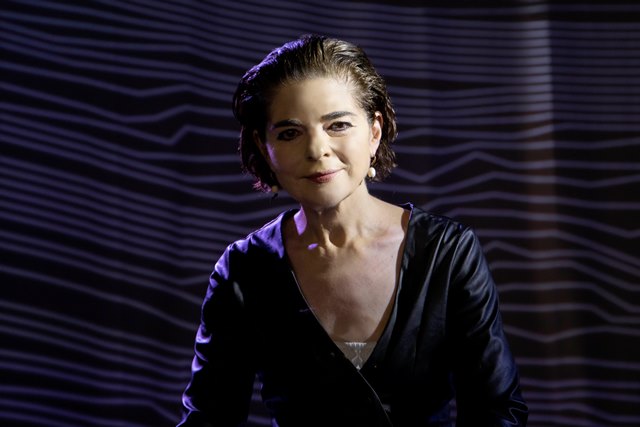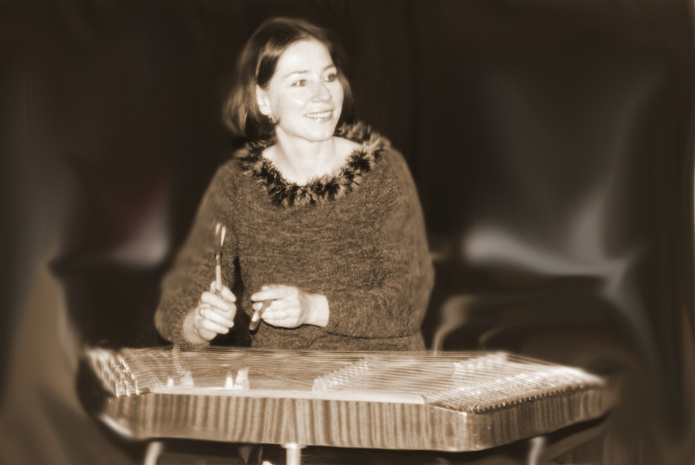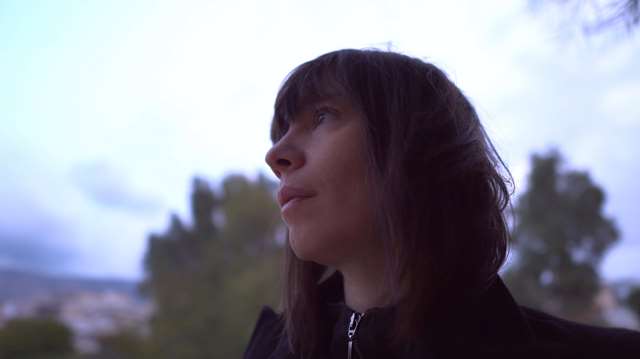It has been said that the School can be considered as “Rigas’ most radical work”, because it seeks to redeem emotion from the oppression of social conventions between man and woman, thus announcing, through this protest, the new morality. Two hundred and thirty years after its publication in Vienna, this very bold work indirectly connects love to revolution and could be likened to a precursor of the art movements that emerged in the second half of the 20th century.
This early work of Rigas –in which six stories of men and women develop sensually– is reconstructed by Yiorgos Veltsos as a dialogue between man and woman, showing the conflict between emotion and the institutions, as Velestinlis does in his Delicate Lovers.
Through listening, the “delicate reader” is invited to project and give meaning to the effects caused by the composer’s art and the musicians’ interpretive sensitivity.











